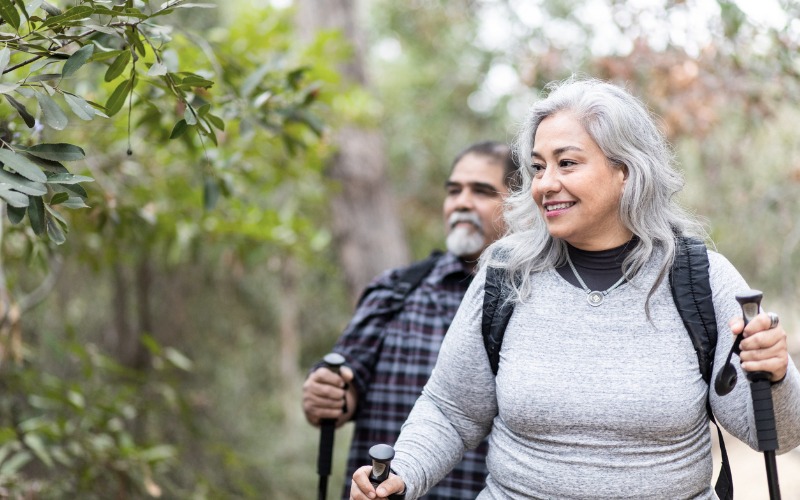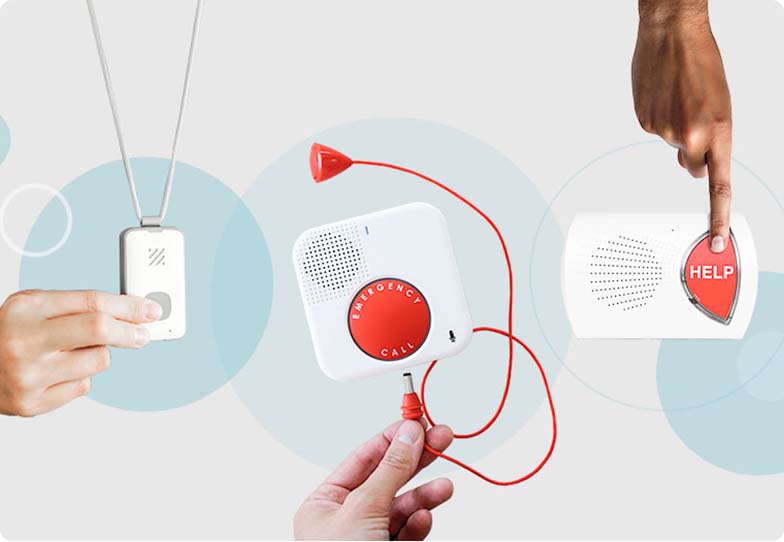Sign up for our free weekly newsletter to get the best safety news, product info, and deals.
These 7 Holiday Hazards Can Hurt Your Pets
SafeWise experts have years of firsthand experience testing the products we recommend. Learn how we test and review.
By signing up, you agree to our Terms and Conditions and Privacy Policy.
Don’t let a holiday treat lead to a vet visit
Pet parents know that every season has its own special moments that make for adorable Instagram posts. I mean, who can resist a slow-mo video of Fido leaping into a pile of leaves? Or how about those cute-as-a-button Halloween costumes for your fur babies? But let's not forget that with the change of seasons come new challenges and dangers for our pets.
“Emergency veterinary visits are not only scary but they can add up financially when it comes to the cost of care – and the holidays are often financially stressful enough without surprises,” Dr. Don LeHoullier, DVM and CareCredit partner told SafeWise. “In fact, data from a recent Synchrony study on the lifetime of care costs of dog or cat ownership estimates it cost $55K during a pet’s lifetime and 30M U.S. households will face an unexpected pet expense that will cause financial worry, very often at holiday time.”
Here’s how to keep our four-legged family members safe and sound from Halloween to New Year’s Day.
“It's important to be mindful of the foods we share with our pets, especially during holidays and seasonal celebrations. Some festive foods can be dangerous for your pets, so avoid sharing chocolate, alcohol, and rich, fatty dishes to keep them safe and healthy,” says LeHoullier.
Here are some other potentially toxic foods LeHoullier recommends keeping away from your pets:
- Grapes
- Raisins
- Onions
- Artificial sweeteners
- Nutmeg
Turkey is a no-no, too. “We may all think it’s a good idea to give our pet some of the holiday Turkey, but this is a big no-go for pets,” says LeHoullier. “The turkey bones can cause more harm than you would think. The best gift you can give your pet during the holidays is safety.”
Don't think of this as the end-all-be-all list. For personalized food advice for your fur babies, especially during the holidays and special events, it's a good idea to chat with your vet. They can give you tips that are just right for your pet's health and unique needs.

Image: SafeWise, Alina Bradford
Watch out for rodent poisons and toxins
As the weather turns chilly, we're not the only ones looking for a warm place to hang out. Rodents are also on the move, and that means an increase in the use of rodent poisons. If you're not careful, your curious pup or kitty could end up ingesting these harmful substances.
Don’t trust mushrooms
Wild mushrooms love fall’s moist weather and you’ll probably start seeing more of them around your home. Keep your pets away from them on walks or while playing in the yard. Sure, they might look harmless, but did you know that even though only 3% of wild mushrooms are poisonous, they can be life-threatening if ingested by your pet?
Even if your pet seems alright after eating a mushroom, be cautious. It can take up to eight days for some symptoms of mushroom poisoning to become apparent.
Decrease the risk of runaway pets increases
Last but not least, let's talk about the risk of your pet making a break for it. The constant doorbell ringing and scary costumes (including Santa!) can freak pets out. Make sure they're in a secure space to prevent them from bolting or leash them before guests start arriving so you can lead them around the house with you. Pet gates are a great idea, too. No bolting out an open door for your furry friend!
Just in case your pet does make an escape, make sure they're microchipped and that your contact information is up to date. Along with microchipping, a collar with an ID tag and pet tracker is an extra layer of security.
*Amazon.com price as of post date. Offers and availability may vary by location and are subject to change. Read full disclaimer.
Look for Holiday decoration dangers
We all love to decorate for the season but keep those decorations out of paw's reach. Toxic plants like chrysanthemums and moldy pumpkins or hay can be harmful to pets.
Wildlife threats are real
As you spend time outdoors, maybe taking in some hiking or camping now that the weather is cooler, be aware of the critters and other threats that share the space. Snakes are getting ready to hibernate and can be more aggressive during this time. A snake bite is the last thing you want for your pet. Also, believe it or not, tick season isn't over just because summer is. Keep up with your pet's flea and tick prevention regimen.

Image: SafeWise, Alina Bradford
Weather and daylight changes affect pets too
As the days get shorter and the nights colder, your pet's needs change too:
- With fewer daylight hours, make sure you and your pet are visible during those early morning or late evening walks. Reflective gear is a must.
- Make sure your pets are warm, and don't forget to protect their paws from the cold ground and de-icer. It's not just us humans who feel the cold.
- Just like people, pets can suffer from seasonal allergies. Keep an eye out for symptoms and consult your vet if you're concerned.
Related articles on SafeWise
Recent Articles




